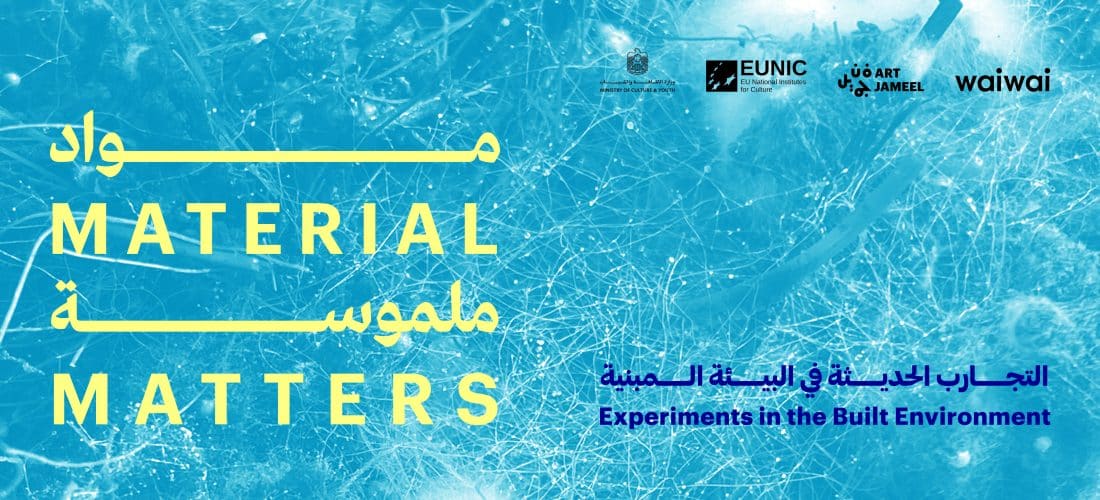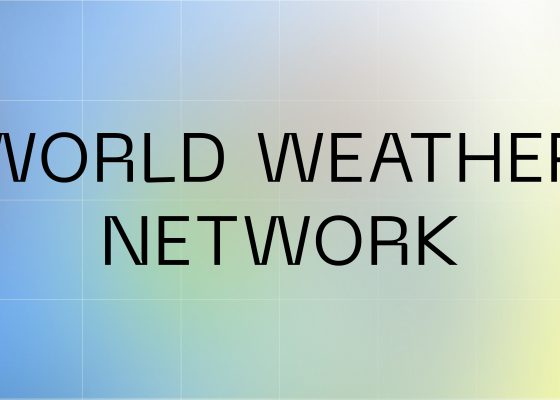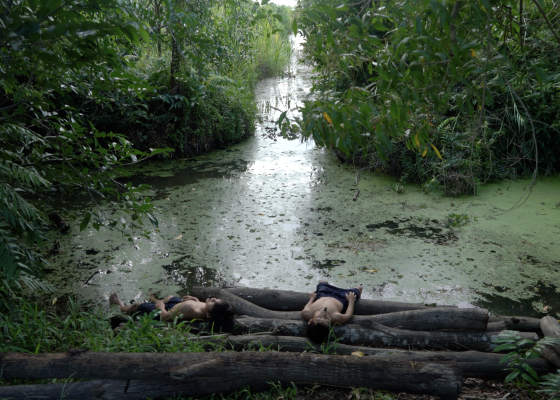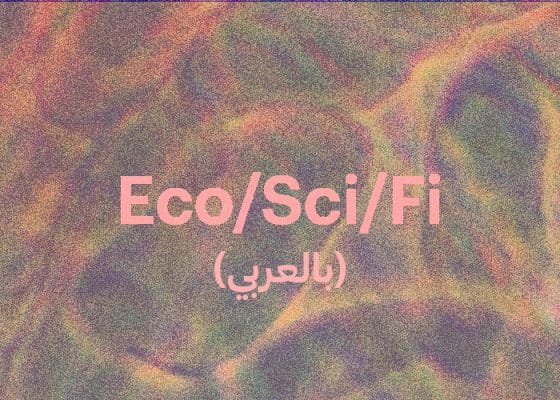Registration for this event has now closed
This day-long international symposium brings together key thinkers from architecture, design and the visual arts to explore how innovations in materials and design are shaping the future of our cities in a time of environmental flux. Using both site-specific research and speculative experimentation, speakers urge a return to the vernacular and the local.
In light of a global imperative to reduce emission footprints and waste creation, architects, artists, and designers are increasingly looking to vernacular architecture and local landscapes as sources of knowledge and renewable materials. Their aim is to create context-responsive environments that work with local climates, landscapes and cultural habits: from engineering with algae, to building with salt, and seeing the city as a classroom.
Presentations and discussions are anchored around four key approaches:
- Enabling sustainable production through bioregions and local materials
- Supporting civic engagement through new urban pedagogies
- Reflecting historical narratives through the built environment
- Impacting global expertise through regional design
Speakers are: architect Daniel Bell (Atelier LUMA); architect, artist and activist Axel Timm (raumlabor); artist Jasmin Werner; designers Tymon Hogenelst and Jesse van der Ploeg (Studio Wild); curator of the National Pavilion UAE La Biennale di Venezia at the Biennale Architettura 2023, Faysal Tabbarah (American University of Sharjah), and NYUAD professors and members of the NYUAD Anthropocene Research Kitchen, Katia Arfara & Dale Hudson.
Programme:
2.00 pm Welcome by Nora Razian, Head of Exhibitions, Art Jameel
2.05 pm Opening remarks by representatives of the Delegation of the European Union to the United Arab Emirates and EUNIC
2.15 pm Bioregional Design & Architecture: Lot 8, Building for Uncertainties Daniel Bell, Atelier Luma
2.45 pm Q & A: Daniel Bell in conversation with Wael Al Awar, waiwai Design
3.00 pm Floating University: Notes from the Field Axel Timm, raumlabor Berlin
3:30 pm Q & A: Axel Timm in conversation with Nora Razian, Art Jameel
3.45 pm Palace of the Republic: Surveying Urban Citadels Jasmin Werner
4.15-4.30 pm Q & A: Jasmin Werner in conversation with Shama Nair, Material Matters coordinator
4:30 – 5.00 pm: coffee break
5:00 pm Anecdotes from Other Environmentalisms Faysal Tabbarah
5:30 pm Negotiating Landscapes: Site-Specificity and Design Studio Wild
6:00 pm Katia Arfara and Dale Hudson introduce The Anthropocene Research Kitchen
6:15pm Panel: Faysal Tabbarah and Studio Wild in conversation with Katia Arfara & Dale Hudson
6:45 pm Q&A
7pm End and Refreshments
This Symposium is commissioned by EUNIC (European Union National Institutions for Culture), conceptualised by waiwai Dubai and Art Jameel as venue partner, with endorsement from the UAE Ministry of Culture and Youth. EUNIC is the network of European Union National Institutes for Culture, with 36 members from all EU member states and associated countries.
___________
EUNIC – European Union National Institutes for Culture – is the European network of organisations engaging in cultural relations. Together with their partners, they bring to life European cultural collaboration in more than 100 countries worldwide with a network of 136 clusters, drawing on the broad experience of their members from all EU Member States and associate countries. EUNIC advocates a prominent role of culture in international relations and is a strategic partner of the EU, actively involved in the further definition of European cultural policy. EUNIC is a platform for knowledge sharing and for capacity building amongst its members and partners.
Art Jameel supports artists and creative communities. Founded and supported by the Jameel family philanthropies, the independent organisation is headquartered in Saudi Arabia and the UAE and works globally. Art Jameel’s programmes – across exhibitions, commissions, research, learning and community-building – are grounded in a dynamic understanding of the arts as fundamental to life and accessible to all.
Art Jameel’s two institutions – Hayy Jameel, a dedicated complex for the arts and creativity in Jeddah, Saudi Arabia, and Jameel Arts Centre, an innovative contemporary institution in Dubai, UAE – are complemented by digital initiatives plus collaborations with major institutional partners and a network of practitioners across the world.
waiwai is an architectural, landscape, urban, interior and graphic design studio with offices in Dubai and Tokyo. waiwai takes a highly contextual approach to address social, environmental and technological questions through design. waiwai’s research focuses on strategies and materials that can form a new vocabulary for the climate crisis, one that responds to specific cultural contexts and environmental urgency.
Axel Timm is an architect, artist and activist. Since 2005 he is part of the collective raumlaborberlin. From 2003-2005 he was chairman of the board of Kunstfabrik am Flutgraben, a Berlin-based artists association and from 2005-2007 CEO of Autotrans Ltd., an association for artistic production and research. Within raumlaborberlin he works at the intersection of architecture, city planning, art and urban intervention. raumlabor addresses in its work city and urban renewal as a process. raumlabor is attracted to difficult urban locations. Places torn between different systems, time periods or planning ideologies that cannot adapt. Places that are abandoned, left over or in transition that contain some relevance for the processes of urban transformations.
Dale Hudson is an associate professor at NYU Abu Dhabi. His current research and teaching focus on film and visual media in relation to Southwest Asia, North Africa, South Asia and to environmentalism. He co-authored Thinking through Digital Media: Transnational Environments and Locative Places (2015), authored Vampires, Race, and Transnational Hollywoods (2017), and co-edited an issue of Middle East Journal of Culture and Communication on “Film and Visual Media in the Gulf” (2021) and the forthcoming Reorienting the Middle East: Film and Digital Media Where the Persian Gulf, Arabian Sea, and Indian Ocean Meet (2023). He curated for the Finger Lakes Environmental Film Festival since 2007 and coordinated for the Middle East Studies Association Film Festival since 2016. Prof. Hudson is a member of the NYUAD Anthropocene Research Kitchen.
Daniel Bell is an architect and researcher. Since 2018 he has worked at Atelier LUMA, a design and research lab located in Arles. Through investigating the resources and know-how in their bioregion, and connecting different fields of expertise, they develop local solutions for ecological, economic, and social transition. Daniel investigates, develops and realises materials & projects for architecture and design that reflect the context of our times. He is currently working on a large-scale demonstrator project, Lot 8, in collaboration with Assemble (UK) and BC Architects & Studies (BEL) to design and construct a building using local resources and know-how. These materials, both geo & bio sourced, come almost exclusively from local by-products or waste resources.
Faysal Tabbarah is an Associate Dean and Associate Professor of Architecture at the College of Architecture, Art and Design at the American University of Sharjah (AUS), and co-founder of the experimental architecture and design studio, Architecture + Other Things (A+OT). Tabbarah is curator of the National Pavilion UAE at the Architecture Biennale 2023. Born in Aleppo, Tabbarah’s work, across teaching, research, and practice explores the relationships between regional environmental and architectural imaginaries, or how people bring their natural surroundings to bear on how they understand and shape their world, to develop alternative building practices that are rooted in their surrounding material and cultural environments. To achieve this, Tabbarah’s work moves between computational tools, emergent technologies, materials research, and historical archives.
Jasmin Werner is an artist exploring architectures of power and objects of status. Her practice draws attention to transnational movements, while occupying spaces of production and consumption. According to Werner’s iconology, one could also argue that the structural moments of our shared reality will necessarily remain within a repetitive continuum of time. In 2017, she was a fellow at the National Museum of Modern and Contemporary Art Seoul. In 2022 she was awarded the Callie’s Studio residency in Berlin. Her work has been shown at Kunstverein Braunschweig, Bärenzwinger (Berlin), Museum Folkwang (Essen), Damien & The Love Guru (Brussels), Galerie Guido Baudach (Berlin), DuMont Kunsthalle (Cologne) and Bundeskunsthalle (Bonn) among others.
Katia Arfara is Assistant Professor of Theatre and Performance Studies at NYU Abu Dhabi, and curator. Her essays on public artworks and performative installations have appeared in various critical anthologies and peer-reviewed journals. As the Theatre and Dance Artistic Director and Curator of the Onassis Stegi in Athens (2009-19), she has initiated and curated numerous international festivals at the intersection of art, science and civic practice, such as the site-specific Fast Forward. She is the co-editor of lntermedial Performance and Politics in the Public Sphere (2018). Prof. Arfara is a contributor to the NYUAD al Mawrid Arab Center for the Study of Art and a member of the Anthropocene Research Kitchen.
Studio Wild is the collective design practice of Tymon Hogenelst and Jesse van der Ploeg. Founded in 2018, their practice operates in areas of tension between politics, architecture, and nature, embracing complexity by working in a variety of disciplines, with a focus on the relation between landscape and architecture. Uniting Praxis and Theory, they work with building models, prototypes and building elements to understand the challenges of construction and execution when building in a both cultural and natural landscape. Studio Wild approaches every place and project with an original view, creating a means of discussion and dialogue.This method of working in a very intimate way, negotiating with the landscape, results in an architecture consciously situated in time and place.
Wael Al Awar founded waiwai (formerly ibda design) in 2009 as the principal architect, after moving back to the Middle East from Tokyo. With interests in natural phenomena, landscapes, and formless diagrams of relations, Wael has a multi-disciplinary approach to design and is always looking to challenge conventional processes to push the boundaries of design. His projects layer his individual design sensibilities into an architecture of natural light, time, structure, and landscape. Wael seeks to create an architecture that is more than man-made fabrication, but instead remains open to adaptation and appropriation. He was the Curator for the National Pavilion of the UAE at the 17th Architecture Biennale di Venezia 2020 & 2021 and winner of the Golden Lion Award.
SEE ALL EVENTS


